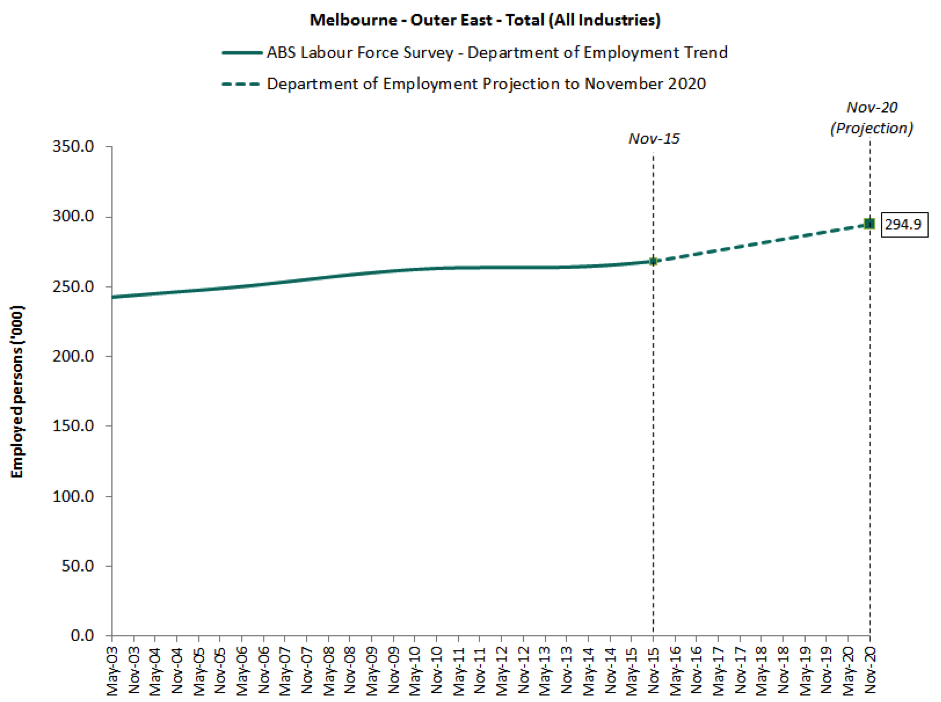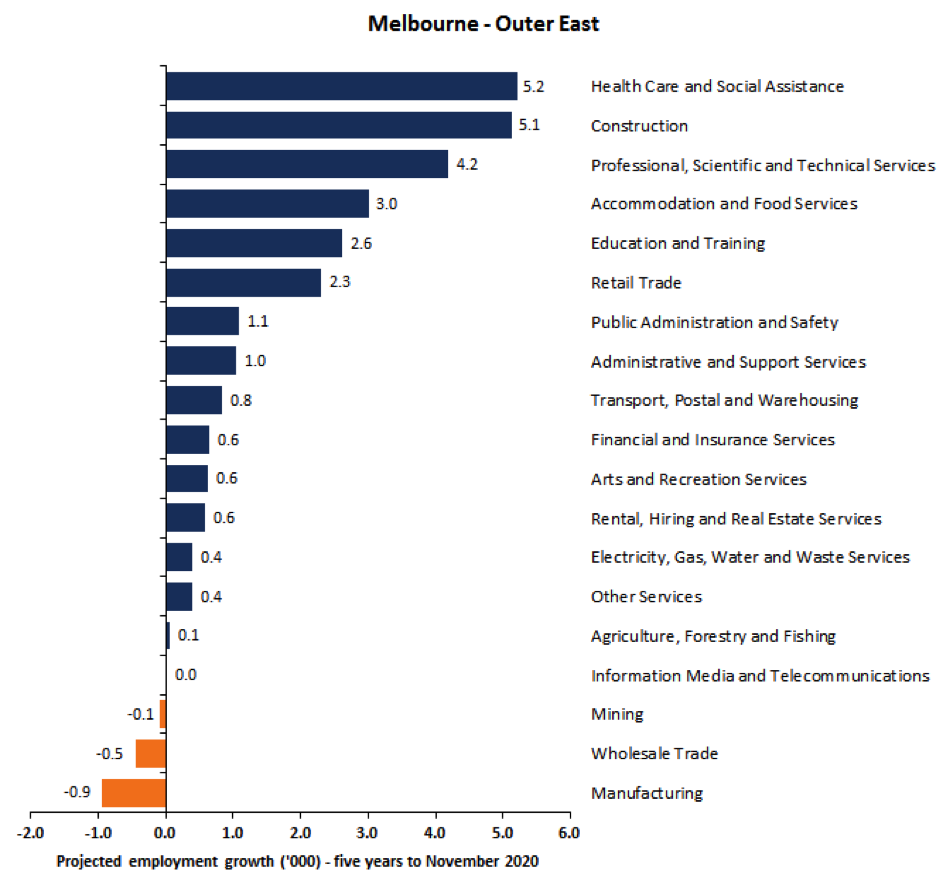Good news for quality training
In a sector plagued by bad news, Cire Training would like to share some positive news. From January 2017, Victoria’s training and TAFE system is being overhauled through Skills First.
“Skills First – our new approach to training and TAFE – will ensure public funds are spent effectively, and that students get real training that led to real jobs” Gayle Tierney, Minister for Training and Skills
Built on the Andrews Labour Government’s commitment to the training and TAFE system, Skills First offers real training for real jobs, through:
- High quality training that students and industry can trust
- The opportunity to develop the required skills– and the skills employers want – for jobs today and tomorrow
- A real voice for industry in training
- Funding for learners who need additional support to engage with, and succeed, in education and training
- Access to targeted, relevant training for students in regional areas
With the introduction of Skills First, Victoria – the Education State – is leading the nation to ensure quality in vocational and educational training. Students, industry and the community can have renewed confidence in government-funded training. This new approach to funded training is designed to make sure that public funds are spent effectively, and that students get the training they need to secure a job.
Cire Training is one of over 300 quality training providers who have been offered contracts to deliver government-funded training in 2017. Contracts were offered following a rigorous selection process where providers had to show evidence of their ability to deliver quality training. Providers also had to prove their strong organisational capability and clearly demonstrate their financial viability.
Cire Training, which offers accredited, pre-accredited and workskills courses from campuses located in Yarra Junction and Mount Evelyn, has proven its ability to deliver quality community-based adult education and training in the Yarra Valley and Outer Eastern Suburbs.
Cire Training is working closely with other local Learn Locals and Swinburne University to provide industry taster programs for the community. These programs will support the local community to identify possible career paths and opportunities for training. If you are unsure about which training program is right for you, consider participating in a taster program.
Not sure about where you want to work? Not a problem, Cire Training can help you plan your career, develop a resume and apply for a job. We have a range of pre-accredited programs to support your journey.
Cire Training offer accredited courses in Early Childhood Education and Care, Education Support, Horticulture, Individual Support and Leadership and Management. If you are thinking about a career in one of these fields, Cire Training can help you get there.
To find out more about the courses offered by Cire Training, visit our website or call 1300 835 235




